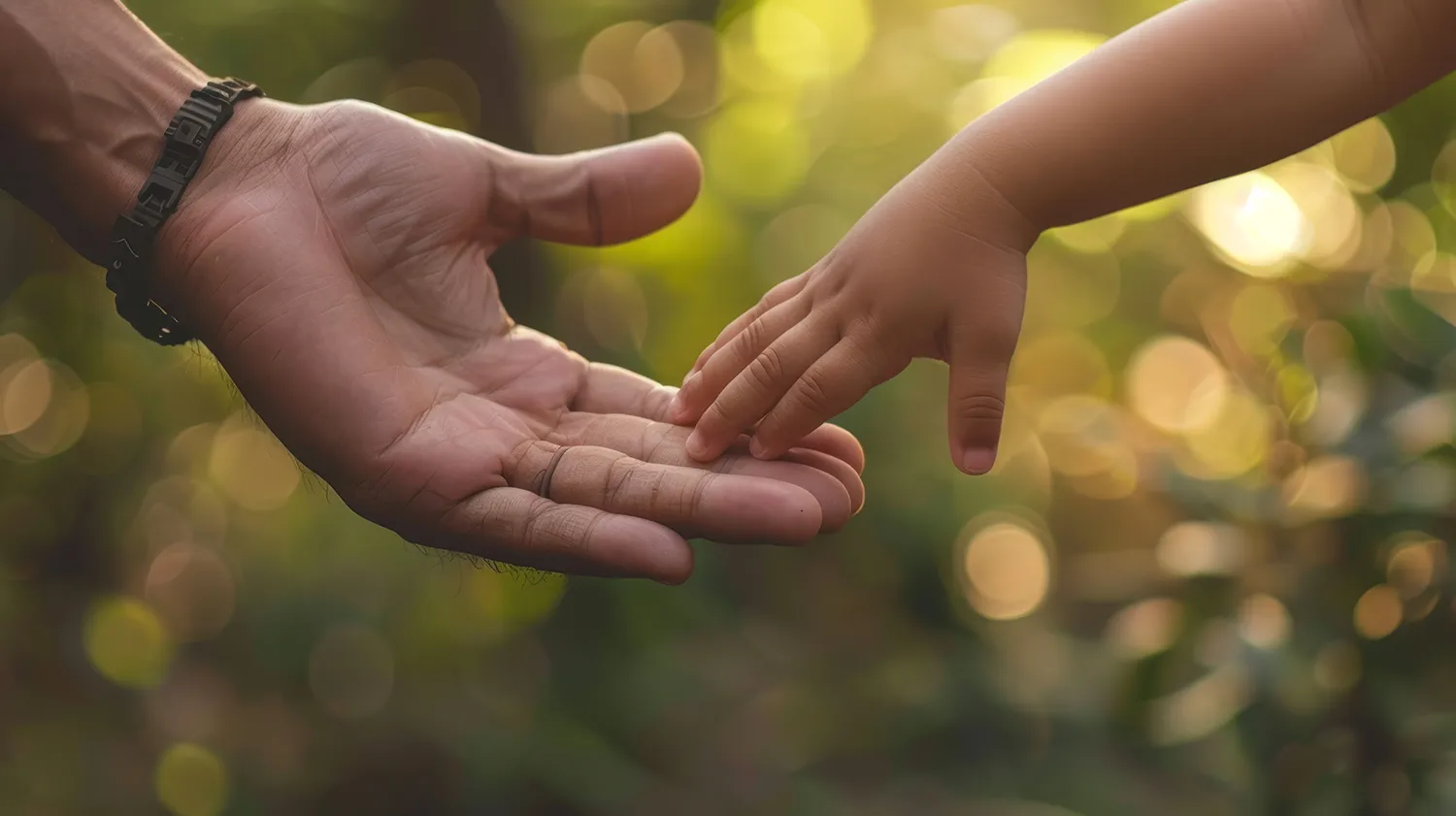Clinical Psychologist, Ruth Holt, spoke at the June 2024 Spotlight Session on ‘Living with the impact of childhood trauma’. This article concludes a summary of some key aspects of her presentation, particularly focusing on the role of individuals and churches in healing and recovery.
Read Living with the Impact of Childhood Trauma Part 1 for Ruth’s overview of how the effects of childhood trauma continue into adult life.
The potential for healing and growth
The good news is that there are ways forward for those impacted by childhood trauma. Just as schemas are formed in relationships, they are also healed in relationships. Trustworthy and healthy relationships with other people, such as a therapist and those in a church community, can make a real difference. Even the way you relate to the part of yourself that’s been impacted by these awful events is important.
Also significant for ongoing growth is our relationship with God. For many, this relationship has been deeply impacted by abuse. In often takes a long time for a sense of safety to emerge. The Bible provides some beautiful word pictures that assist this felt sense of being safe. Ruth drew our attention to the images of safety and protection in Psalm 91, which speaks of dwelling in the shelter of the Most High and finding refuge under his wings.
How church and small group leaders can assist those impacted by childhood trauma
Ruth outlined some small but significant ways that Christian leaders can support those impacted by childhood trauma. It’s important to offer choice. Don’t send the message that nothing is negotiable. Providing options is empowering. For a pastor to say, ‘If you’re having trouble listening to the sermon, just read a psalm instead,’ communicates an awareness that some regular church practices are not straightforward for everybody.
Similarly, exercise some wisdom in teaching. As we have noted, those impacted by childhood trauma often experience a sense of shame. We don’t want to speak in a way that creates added and unnecessary condemnation for those who are already down on themselves.
Make safety a priority. Consistency and predictability help create a safe environment. Setting appropriate limits in relationships also contributes to safety. In seeking to support someone, you might want to say that you’ll be there for them anytime. But no one can do that. It’s much better to suggest an achievable goal, such as, ‘I want to help you, let’s meet up once a week.’
A final factor to bear in mind is power. We don’t want to add to experiences of powerlessness. We can inadvertently do this when we react critically to some of the more challenging emotional and behavioural reactions that can characterise those who have experienced trauma. Rather than thinking (or saying), ‘What’s wrong with them?’, it’s more helpful to ask, ‘What happened to them?’ or ‘What needs are they trying to meet with this pattern of behaviour?’

Supporting a friend impacted by childhood trauma
One of the most important ways to support a friend is giving options. Ask what they would like to share about their story, but don’t press them beyond what they feel comfortable revealing. Ask what kind of support would be most helpful. Give them permission not to answer your questions if they would rather not do so.
It’s also worthwhile to be alert to particular triggers. Ask your friend, ‘Is there anything I might be doing that’s unhelpful for you?’ Ruth spoke of hearing someone say, ‘As soon as people smile at me, I know things are going to go bad.’ This is a timely reminder that we are all different, and what might appear innocuous to us might have a significant impact upon another.
For survivors in a church setting
Ruth offered these practical suggestions:
- Take the time to get to know others to allow trust to build
- When asked questions, don’t think you have to answer them unless it feels safe to do so
- Recognise that you have choices and options; you may want to speak out and advocate, or you may decide you are not yet ready for this
- If you find the church context difficult, surround yourself with one or two safe people who you can sit with and hang around with after church

Final words to those who have experienced childhood trauma
In closing, Ruth spoke directly to those with lived experience of childhood trauma. Abuse is normally an experience of profound aloneness, but she reminded us that there is one close to us who knows the experience of abuse from the inside – our Lord Jesus. On the cross, Jesus was rejected, abandoned, abused, humiliated, violated, forgotten, not protected, and shamed. He gets it. He died to provide us with eternal safety, forgiveness and freedom. Even though your schemas might tell you a certain story, the tender and gentle Jesus wants to tell you a different story – that you are known, loved, valued and safe with him. He will never abandon you: ‘Never will I leave you; never will I forsake you’ (Hebrews 13:5).
Suggested resources
More on brain and body impacts of childhood trauma:
Adverse Childhood Experiences and their impact on health – https://info.primarycare.hms.harvard.edu/perspectives/articles/ace-scores-fifth-vital-sign
Winfrey, O., & Perry, B. What happened to you? Conversations on trauma, resilience, and healing
Biographies of Christians who have experienced childhood trauma:
French, N. Ghosted: An American Story
McConnell, M. The Creaking on the Stairs: Finding Faith in God through Childhood Abuse
Moore, B. All my knotted up life
Yancey, P. Where the light fell
Other resources:
DianeLangberg.com – information on books she has written for survivors of childhood trauma and church trauma
Lloyd-Jones, S. Thoughts to make your heart sing – a good book to read to the vulnerable part of you that needs to hear about God in gentle language
SchemaTherapyForChristians.com.au – more on schema therapy approaches




